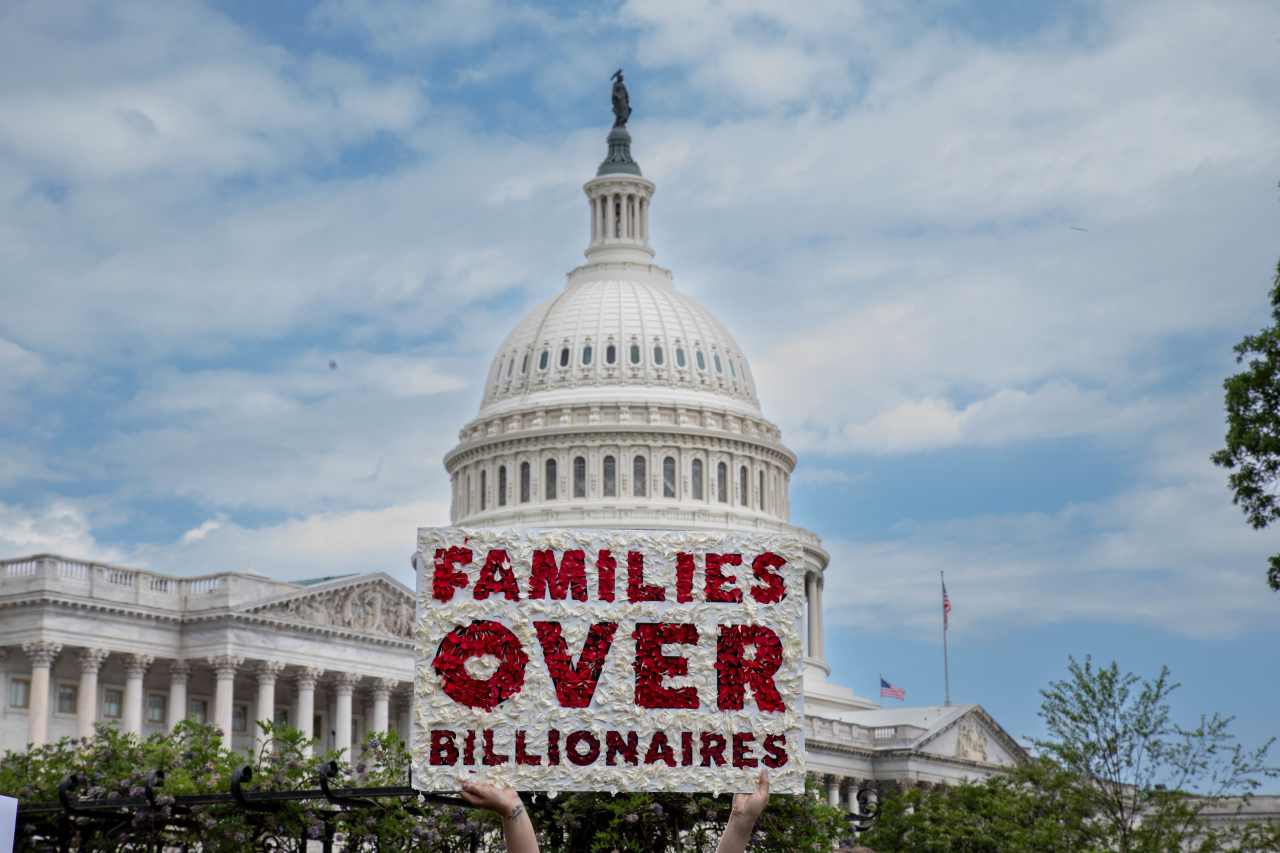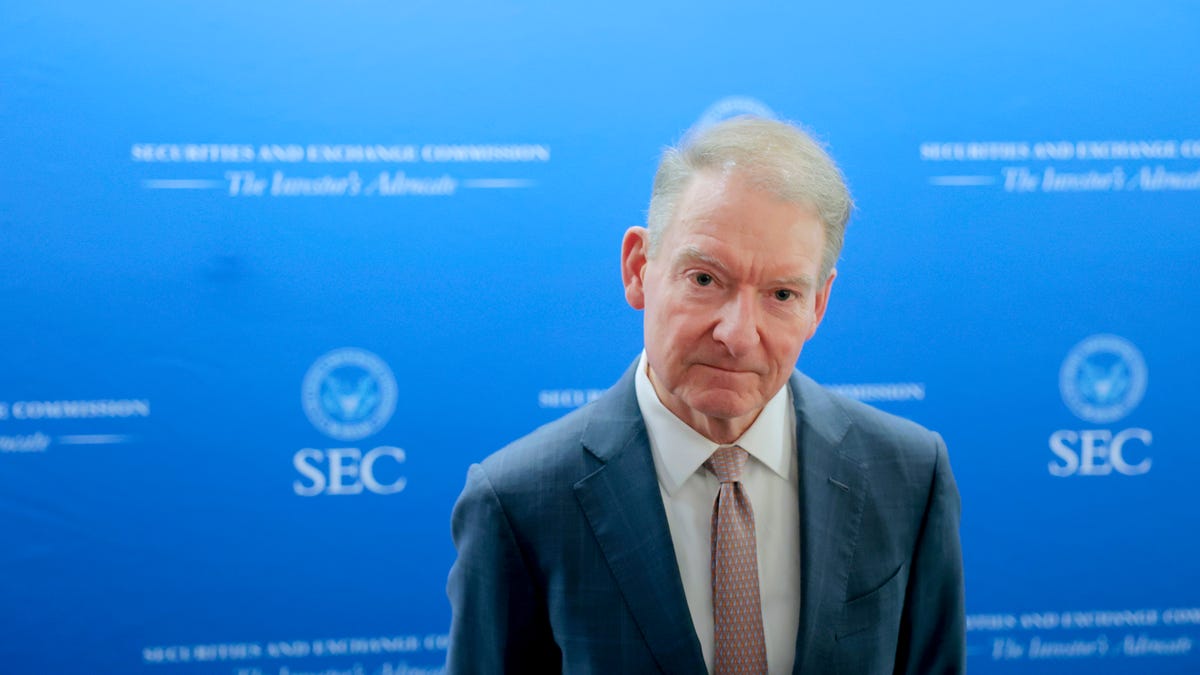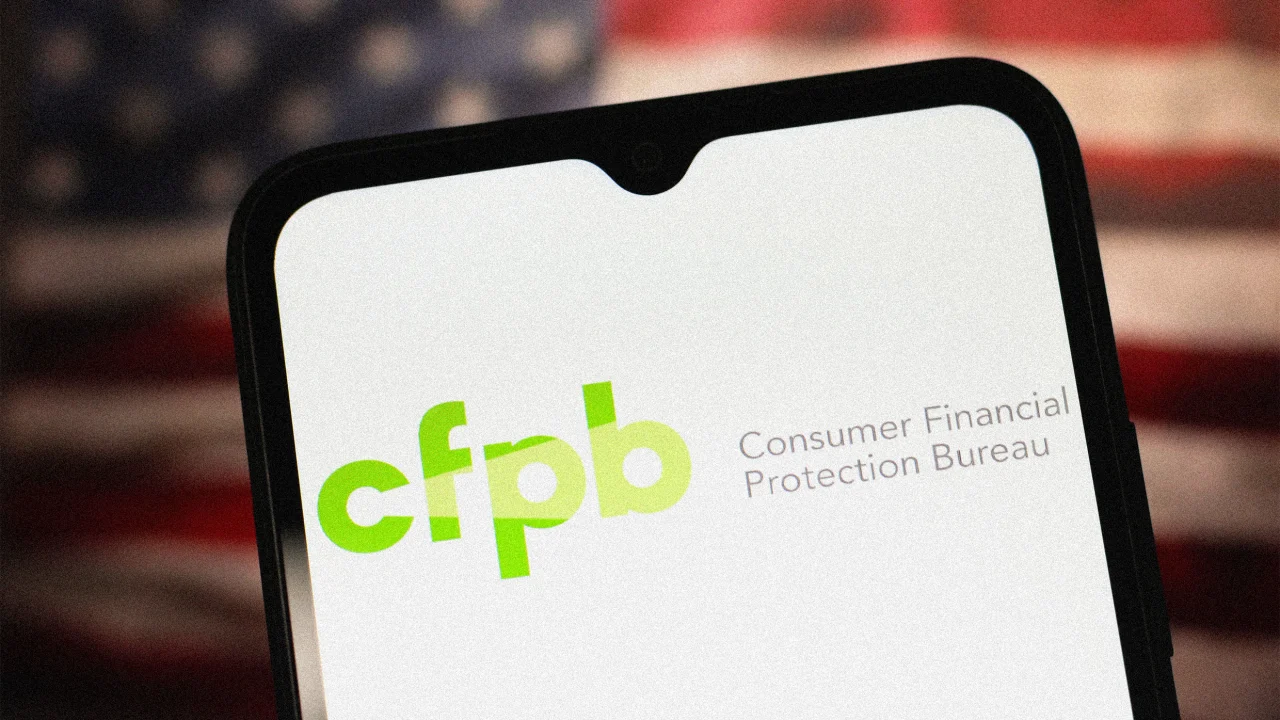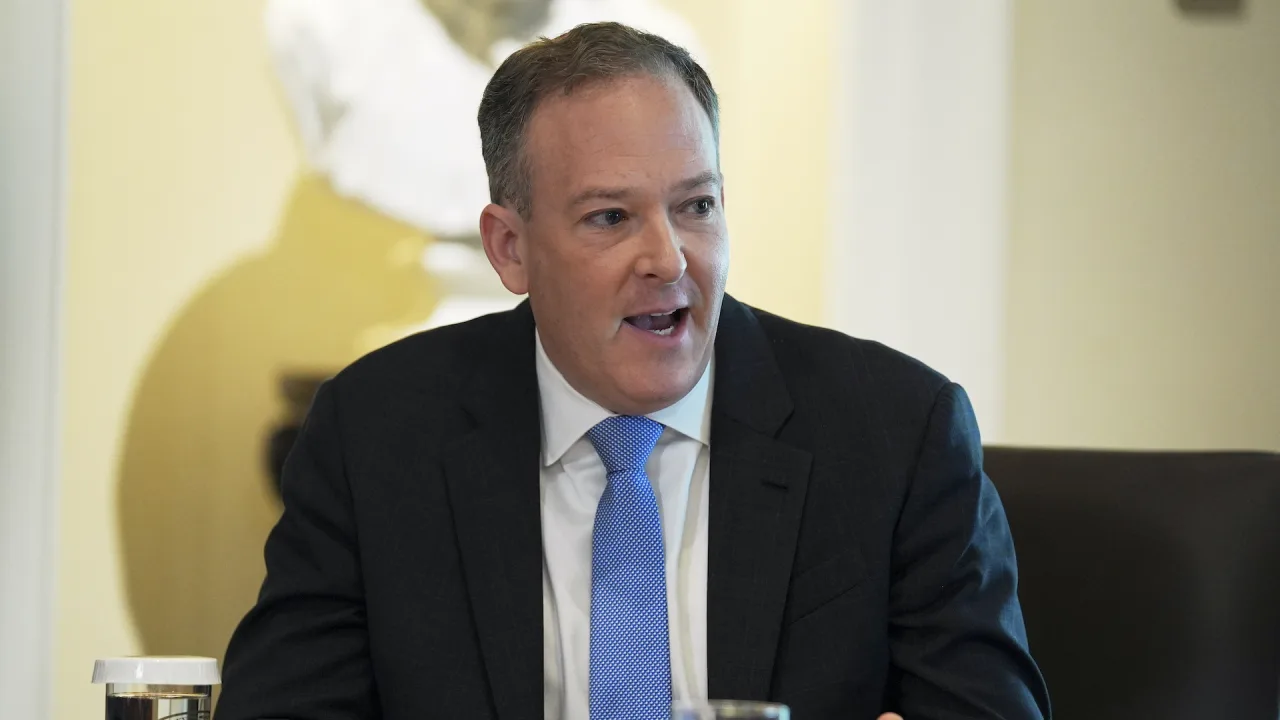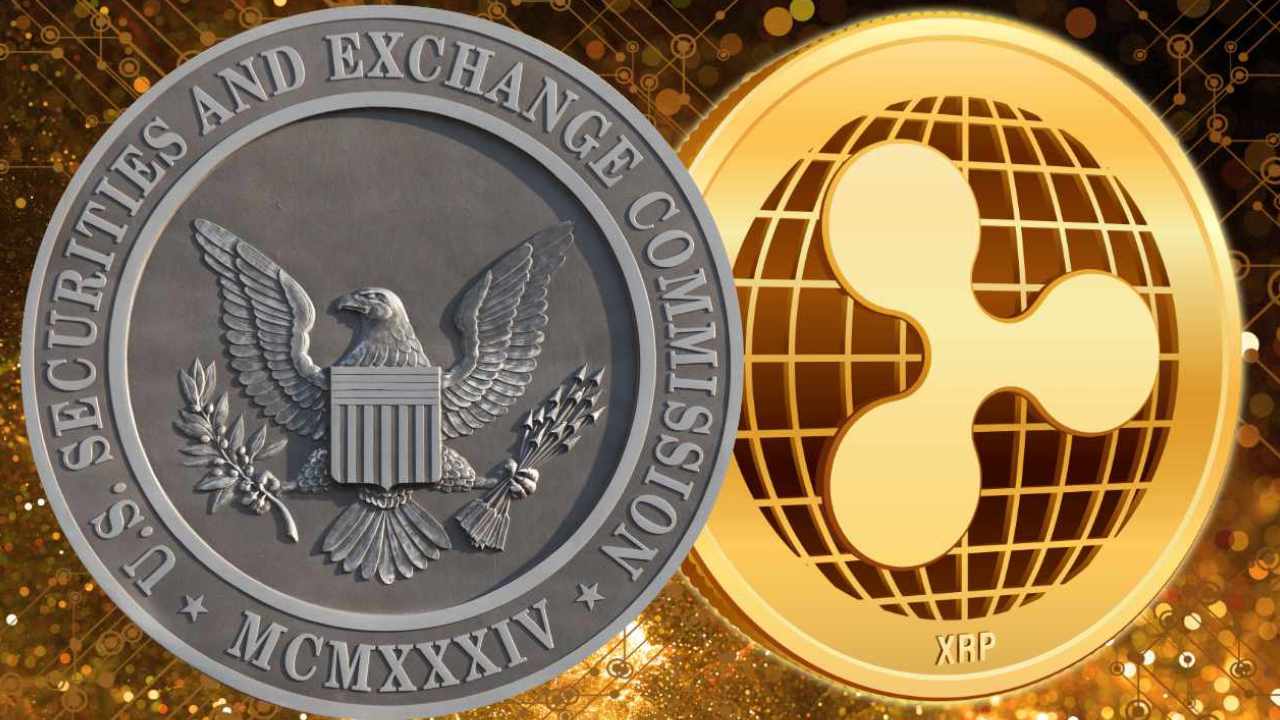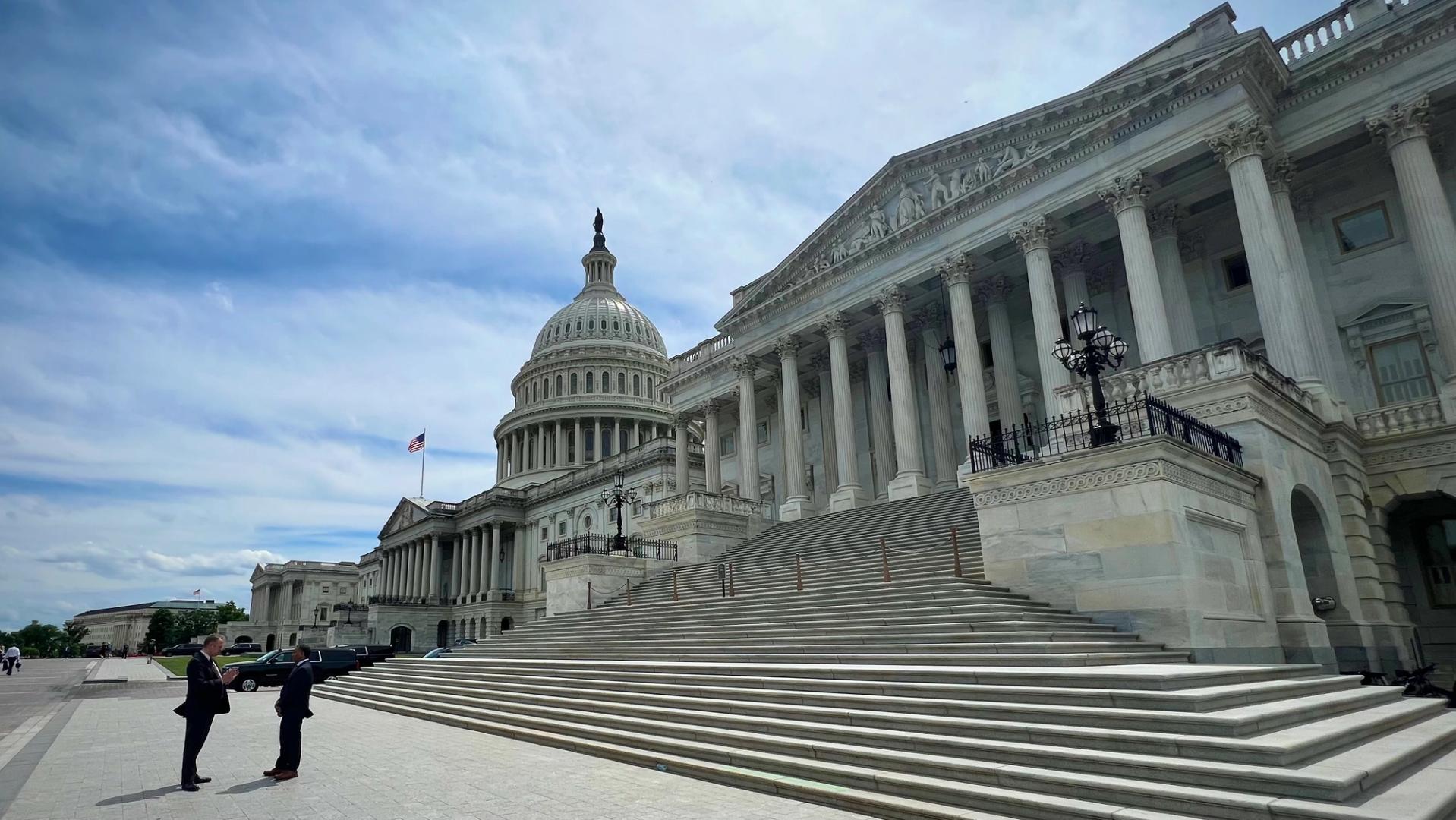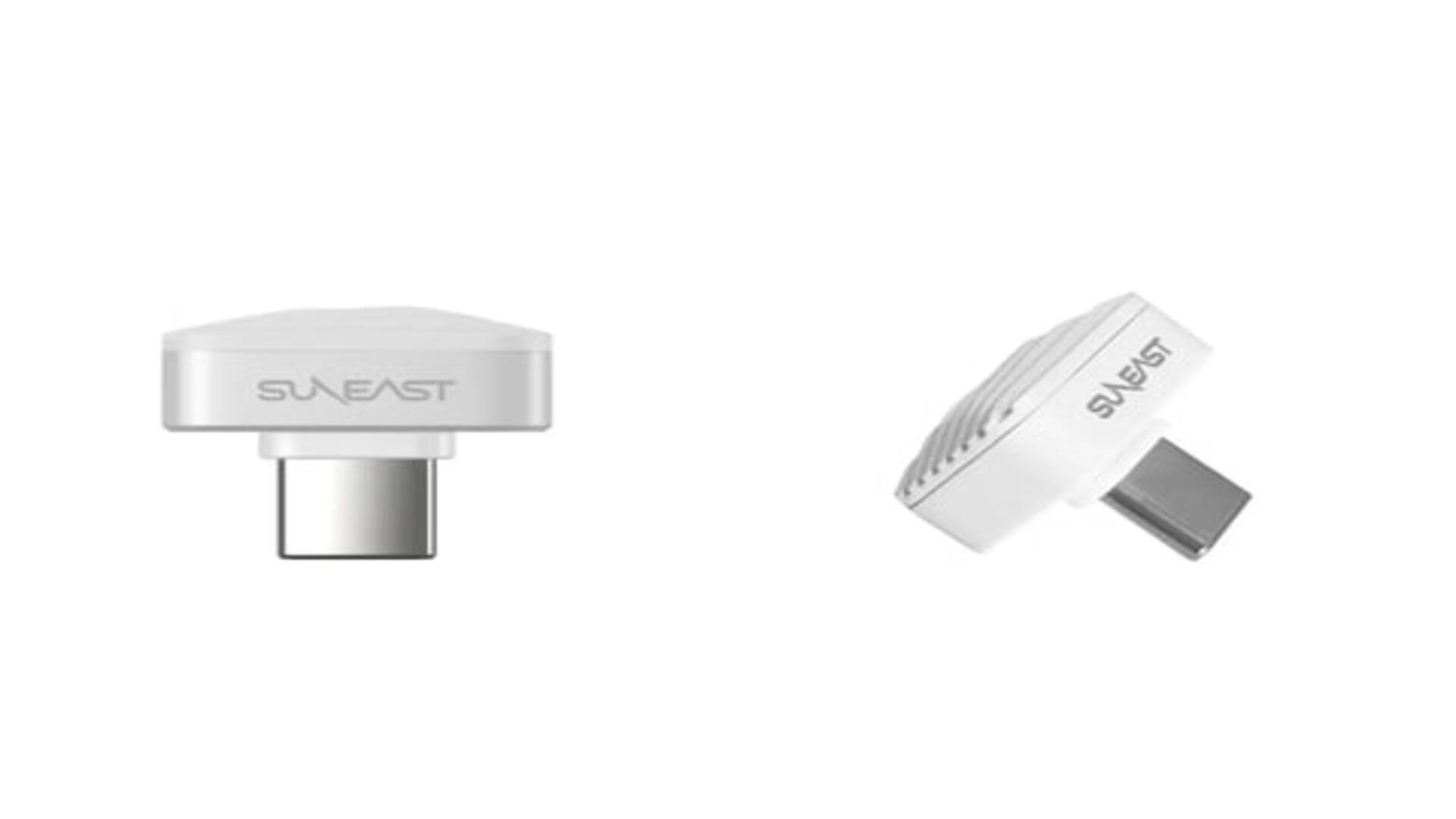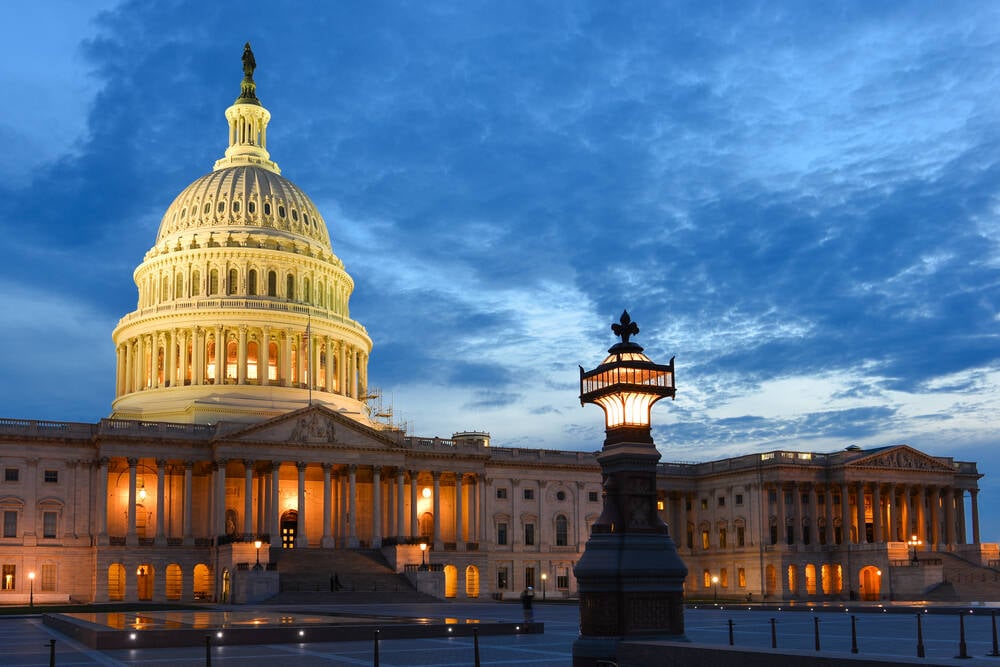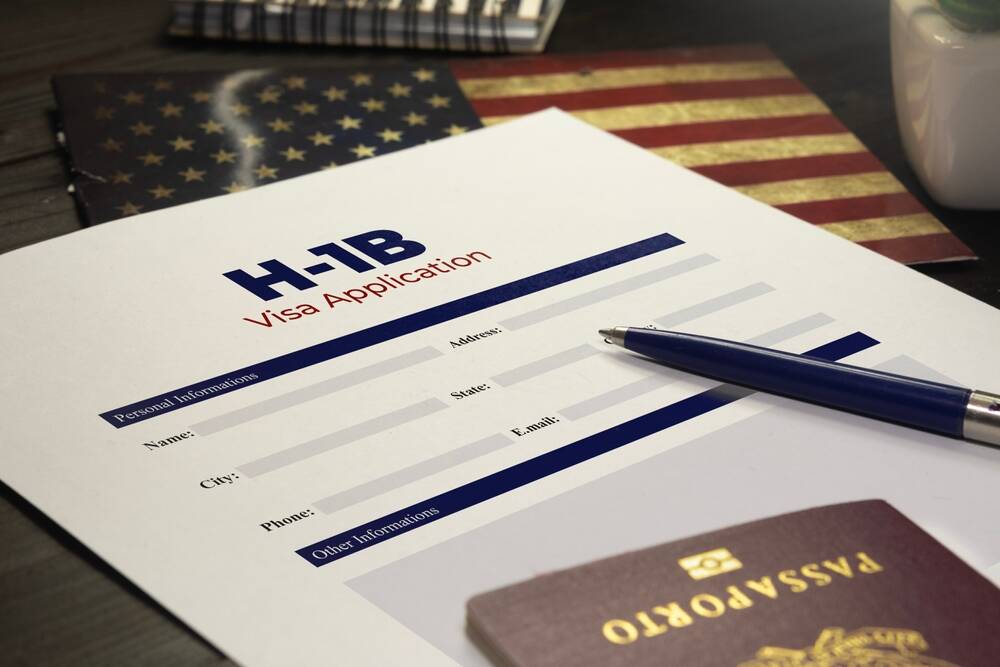What does the Constitution say about the $400 million airplane that Qatar wants to gift Trump?
U.S. President Donald Trump’s plan to accept a $400 million airplane from Qatar raises a raft of questions about the scope of laws that relate to gifts from foreign governments and are intended to thwart corruption and improper influence, legal experts said. Below is a look at some of the laws and legal precedents: WHAT DOES THE U.S. CONSTITUTION SAY? There are two provisions in the U.S Constitution that place restrictions on the president receiving an emolument, or gift, from foreign governments or from federal or state governments. One provision states that Congress must approve any gift from a “King, Prince, or foreign State” to an elected official in the United States. The other, referred to as the “domestic” emoluments clause, prohibits the president from receiving a gift beyond salary for the job. Congress has expressly approved gifts from foreign governments in the past. In 1877, Congress accepted the Statue of Liberty as a gift from France. The foreign emoluments clause did not bar President Barack Obama in 2009 from receiving the Nobel Peace Prize, which included $1.4 million in cash, without congressional consent. A memo from the Department of Justice’s Office of Legal Counsel determined the prize did not violate the Constitution because the Norwegian Nobel Committee is not a “King, Prince, or foreign State.” Obama donated the money to charity. WHO CAN ENFORCE THE PROVISIONS? That’s unclear, and the Supreme Court has not addressed the question, according to a report by the Congressional Research Service. Legal experts said members of Congress, U.S. states and even potentially some private businesses could try to sue the president if they believe a gift violates the foreign Emoluments Clause, but they face challenges. U.S. courts require plaintiffs to have legal “standing” to bring claims, meaning they must be the proper party to bring the case, which is a threshold issue for any litigation to advance. WHAT HAVE U.S. COURTS SAID ABOUT EMOLUMENTS? Until Trump’s first term, there had not been substantial litigation over the clauses, and even the meaning of the term “emolument” is a matter of legal dispute. Democratic members of Congress sued Trump in 2017 after his global businesses allegedly received payments from foreign governments, including when Kuwait hosted an event at the Trump International Hotel in Washington. That case was dismissed by the U.S. Court of Appeals for the District of Columbia, which said the 215 members of Congress lacked standing to sue as an institution because they did not comprise a majority. Republicans controlled both houses of Congress at the time, as they do now. The U.S. Supreme Court declined in October 2020 to review that ruling. Attorneys general for Maryland and the District of Columbia also jointly brought an emoluments cases related to Trump’s businesses during his first term. Their case was dismissed by a panel of three judges, appointed by Republican presidents, of the U.S. Court of Appeals for the 4th Circuit, also for a lack of standing. The U.S. Court of Appeals for the Second Circuit determined in 2019 that restaurants and hotels in New York and Washington had standing to bring an emoluments lawsuit claiming they were harmed by Trump’s competing businesses. The case was dismissed without addressing the merits when Trump left office after losing his the 2020 election. DO OTHER U.S. LAWS GOVERN FOREIGN GIFTS? The Foreign Gifts and Decorations Act sets requirements for gifts and allows the president to keep any that are worth less than $480. Gifts worth more than $480 may be accepted on behalf of United States, which retains ownership. Presidents are allowed to keep gifts above the threshold level if they reimburse the government for the fair market cost. —Mike Scarcella and Tom Hals, Reuters
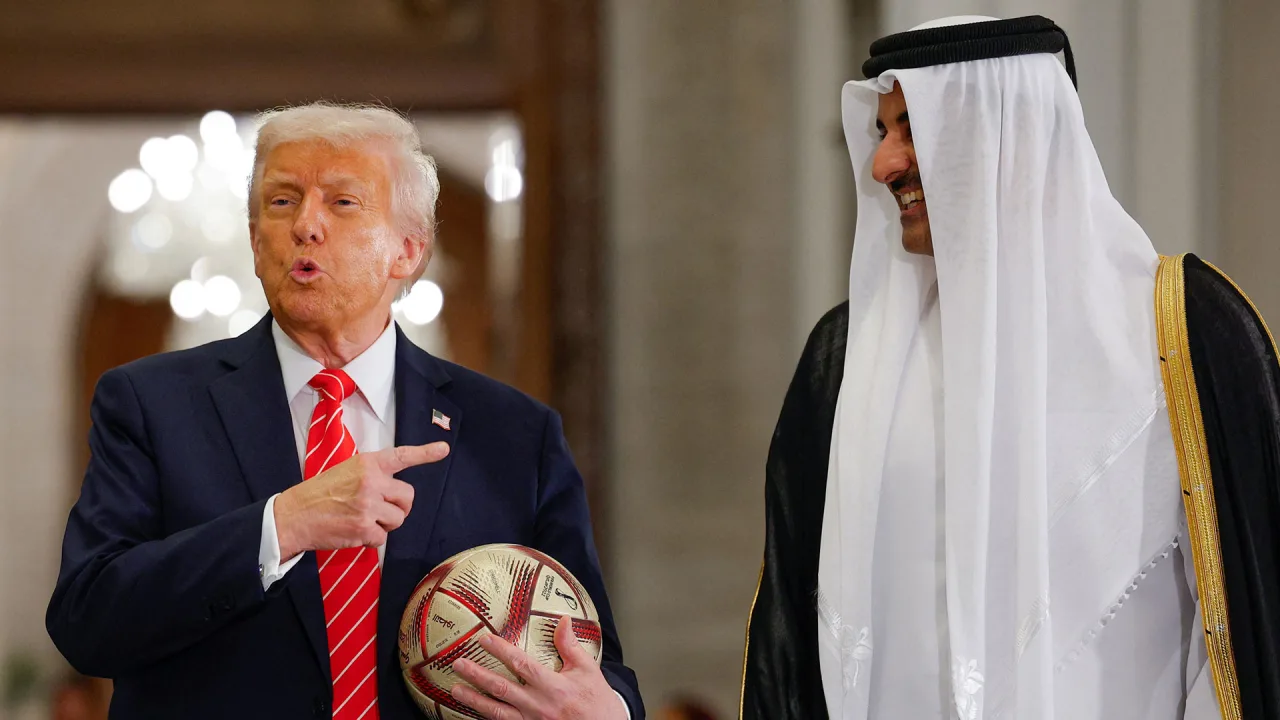
U.S. President Donald Trump’s plan to accept a $400 million airplane from Qatar raises a raft of questions about the scope of laws that relate to gifts from foreign governments and are intended to thwart corruption and improper influence, legal experts said.
Below is a look at some of the laws and legal precedents:
WHAT DOES THE U.S. CONSTITUTION SAY?
There are two provisions in the U.S Constitution that place restrictions on the president receiving an emolument, or gift, from foreign governments or from federal or state governments.
One provision states that Congress must approve any gift from a “King, Prince, or foreign State” to an elected official in the United States. The other, referred to as the “domestic” emoluments clause, prohibits the president from receiving a gift beyond salary for the job.
Congress has expressly approved gifts from foreign governments in the past. In 1877, Congress accepted the Statue of Liberty as a gift from France.
The foreign emoluments clause did not bar President Barack Obama in 2009 from receiving the Nobel Peace Prize, which included $1.4 million in cash, without congressional consent. A memo from the Department of Justice’s Office of Legal Counsel determined the prize did not violate the Constitution because the Norwegian Nobel Committee is not a “King, Prince, or foreign State.” Obama donated the money to charity.
WHO CAN ENFORCE THE PROVISIONS?
That’s unclear, and the Supreme Court has not addressed the question, according to a report by the Congressional Research Service.
Legal experts said members of Congress, U.S. states and even potentially some private businesses could try to sue the president if they believe a gift violates the foreign Emoluments Clause, but they face challenges.
U.S. courts require plaintiffs to have legal “standing” to bring claims, meaning they must be the proper party to bring the case, which is a threshold issue for any litigation to advance.
WHAT HAVE U.S. COURTS SAID ABOUT EMOLUMENTS?
Until Trump’s first term, there had not been substantial litigation over the clauses, and even the meaning of the term “emolument” is a matter of legal dispute.
Democratic members of Congress sued Trump in 2017 after his global businesses allegedly received payments from foreign governments, including when Kuwait hosted an event at the Trump International Hotel in Washington. That case was dismissed by the U.S. Court of Appeals for the District of Columbia, which said the 215 members of Congress lacked standing to sue as an institution because they did not comprise a majority. Republicans controlled both houses of Congress at the time, as they do now.
The U.S. Supreme Court declined in October 2020 to review that ruling.
Attorneys general for Maryland and the District of Columbia also jointly brought an emoluments cases related to Trump’s businesses during his first term. Their case was dismissed by a panel of three judges, appointed by Republican presidents, of the U.S. Court of Appeals for the 4th Circuit, also for a lack of standing.
The U.S. Court of Appeals for the Second Circuit determined in 2019 that restaurants and hotels in New York and Washington had standing to bring an emoluments lawsuit claiming they were harmed by Trump’s competing businesses. The case was dismissed without addressing the merits when Trump left office after losing his the 2020 election.
DO OTHER U.S. LAWS GOVERN FOREIGN GIFTS?
The Foreign Gifts and Decorations Act sets requirements for gifts and allows the president to keep any that are worth less than $480. Gifts worth more than $480 may be accepted on behalf of United States, which retains ownership. Presidents are allowed to keep gifts above the threshold level if they reimburse the government for the fair market cost.
—Mike Scarcella and Tom Hals, Reuters











![What Are Website Demographics? [Explained]](https://static.semrush.com/blog/uploads/media/e3/e4/e3e48631e5cd307cd7a4bfee26498e62/0db9c37107a24c016f06d29ca0a5719a/website-demographics-sm.png)




























